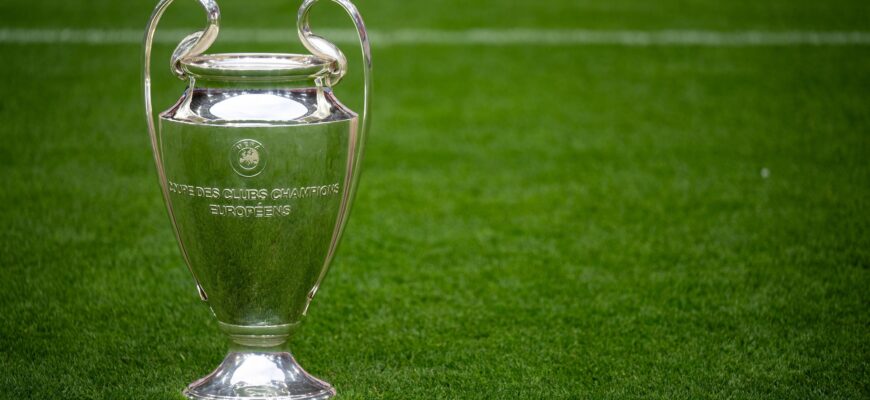The roar of the crowd, the tension on the pitch, the lifting of the trophy under the floodlights – these are the indelible images of a UEFA Champions League final. Yet, for many, the late-night conclusion has often presented its own set of challenges, transforming the glorious aftermath into a logistical headache. UEFA, it seems, has taken note, announcing a significant shift for its flagship event: the final will now kick off at 6 PM local time, a full three hours earlier than the traditional late-night slot. This isn`t merely a schedule tweak; it`s a strategic reimagining, beginning with the 2026 final in Budapest, aimed squarely at enhancing the “fan experience.”
Unpacking the Daylight Revolution: Why Earlier is Better
The motivations behind this decision are as practical as they are progressive. For years, a 9 PM kickoff meant the final whistle – not counting extra time or penalties – would blow around 11 PM. The trophy presentation, jubilant celebrations, and the inevitable rush to exit the stadium would often push the experience well past midnight. As anyone who has attempted to navigate a major city`s public transport system at 1 AM can attest, convenience is rarely the defining characteristic of such an endeavor.
UEFA`s statement highlights several tangible benefits:
- Logistical Harmony for Supporters: An earlier finish directly translates to improved access to public transport. Imagine leaving the stadium before it`s truly dark, with more frequent bus and train services, and significantly less congestion. This promises a safer and more convenient journey home for thousands of traveling fans, many of whom have endured arduous trips to witness the spectacle.
- Family-Friendly Football: The 6 PM kickoff actively invites families and younger children to partake in the event. What was once a late-night affair, often necessitating difficult choices for parents, now becomes a more accessible evening out, fostering a new generation of football enthusiasts.
- Economic Boost for Host Cities: The positive economic impact on host cities is also set to expand. With an earlier finish, fans are afforded the opportunity to continue their celebrations, frequenting restaurants, bars, and other establishments for longer, injecting more vitality into the local economy long after the final whistle. This isn`t just about match-day revenue; it`s about extending the entire celebratory window.
Global Reach, Younger Eyes: A Broadcasting Game-Changer
Beyond the immediate stadium experience, the time change holds profound implications for the global broadcast audience. A 6 PM local kickoff (which translates to 12 PM ET in the USA, for instance) opens up significantly more accessible viewing windows across various time zones. This is particularly crucial for engaging younger viewers, a demographic increasingly central to sports broadcasting strategies.
In an age where attention spans are fleeting and content competition is fierce, making the biggest club game of the season viewable at a more reasonable hour for a larger swathe of the planet is a shrewd move. It acknowledges that football is a global passion, and its premier event should be as universally accessible as possible, free from the constraints of late-night or early-morning viewing for key markets.
A Nod to the Future, Informed by Dialogue
This isn`t a decision made in a vacuum. UEFA confirmed discussions with Football Supporters Europe, demonstrating a commendable, if perhaps overdue, recognition of fan advocacy. It`s a pragmatic step towards modernizing an event steeped in tradition, balancing the romanticism of European football with the practicalities of a global entertainment spectacle.
While the 2026 final in Budapest`s Puskas Arena marks the debut of this new schedule, the broader question remains: Is this a permanent fixture? Given the comprehensive benefits outlined, it seems likely that this “daylight revolution” is here to stay, setting a new precedent for how major football finals are conducted. The convenience, safety, and inclusivity gains are simply too substantial to be temporary.
In essence, UEFA isn`t just moving a kickoff time; it`s attempting to elevate the entire Champions League final experience, making it more welcoming, more convenient, and more globally resonant. The stage is set for a brighter, and perhaps a slightly less fatigued, future for Europe`s most prestigious club competition. The question now is, what took them so long to realize that people prefer not to wander lost at midnight after a potentially heart-breaking defeat? Progress, however gradual, is still progress.









